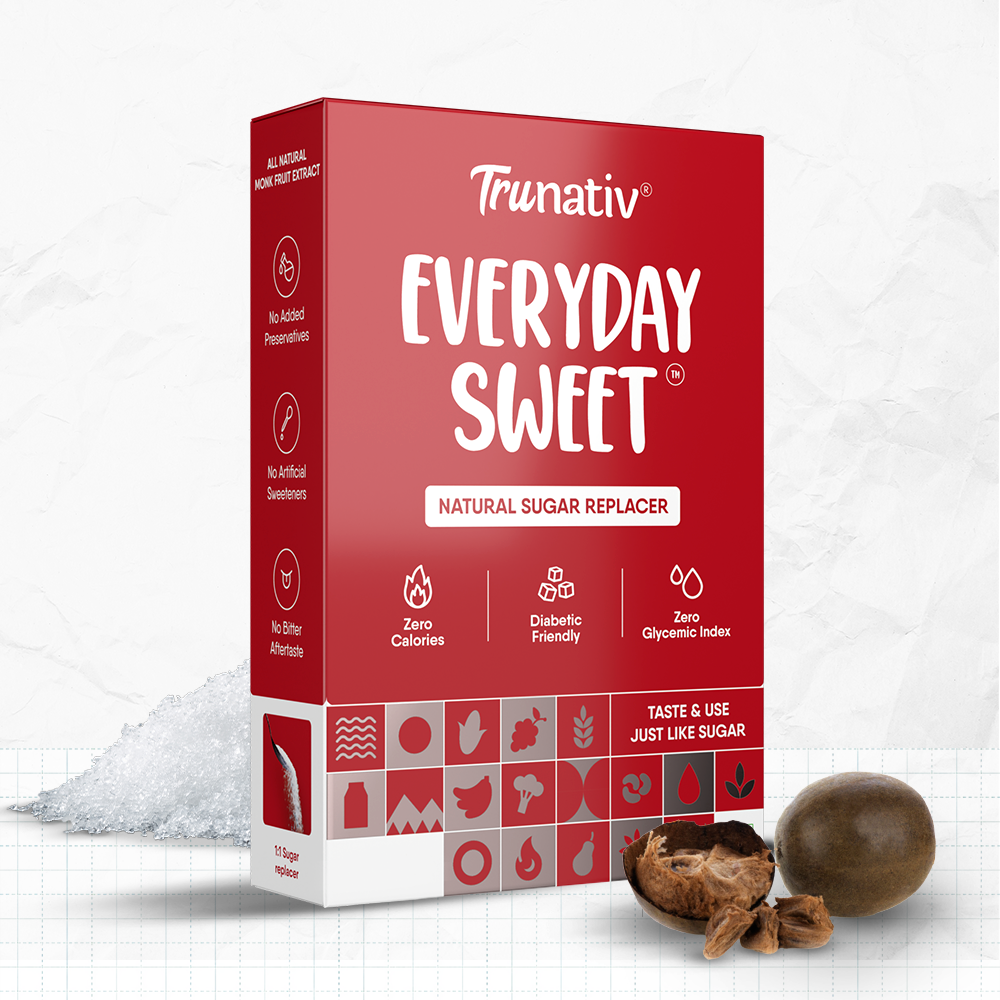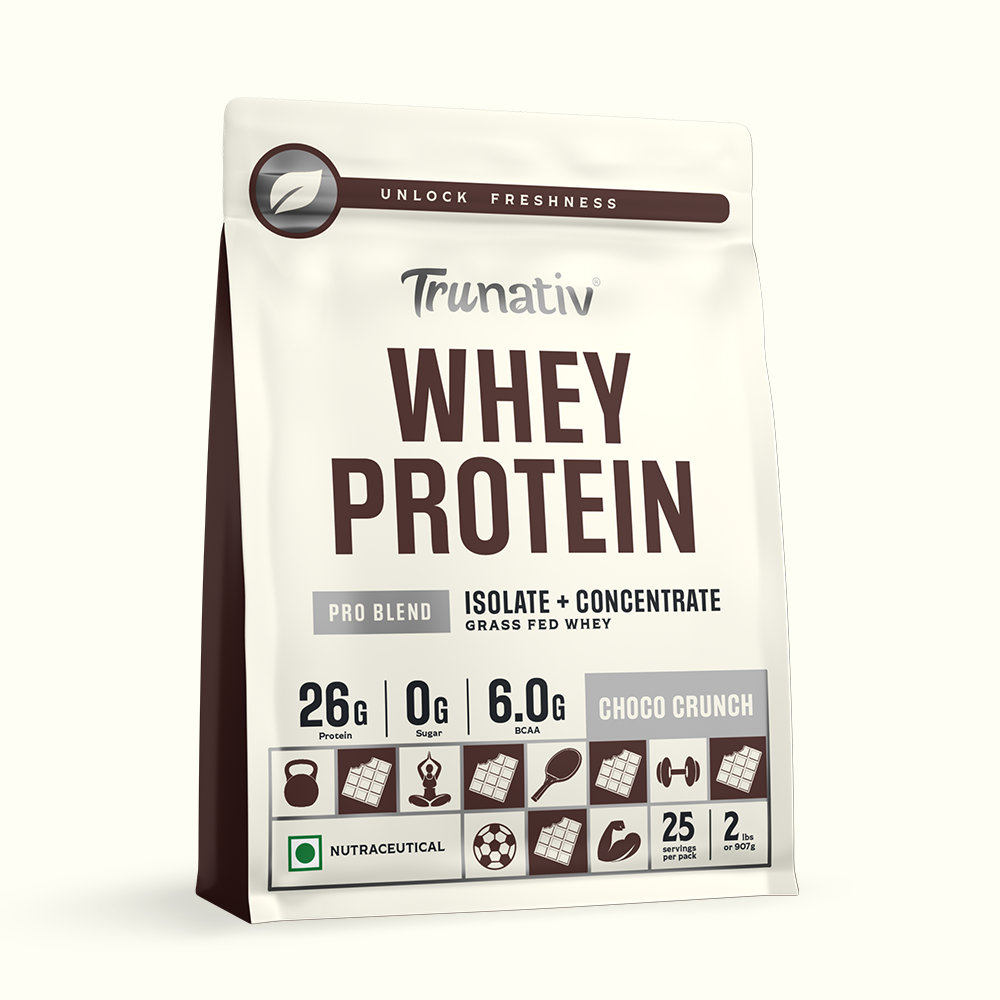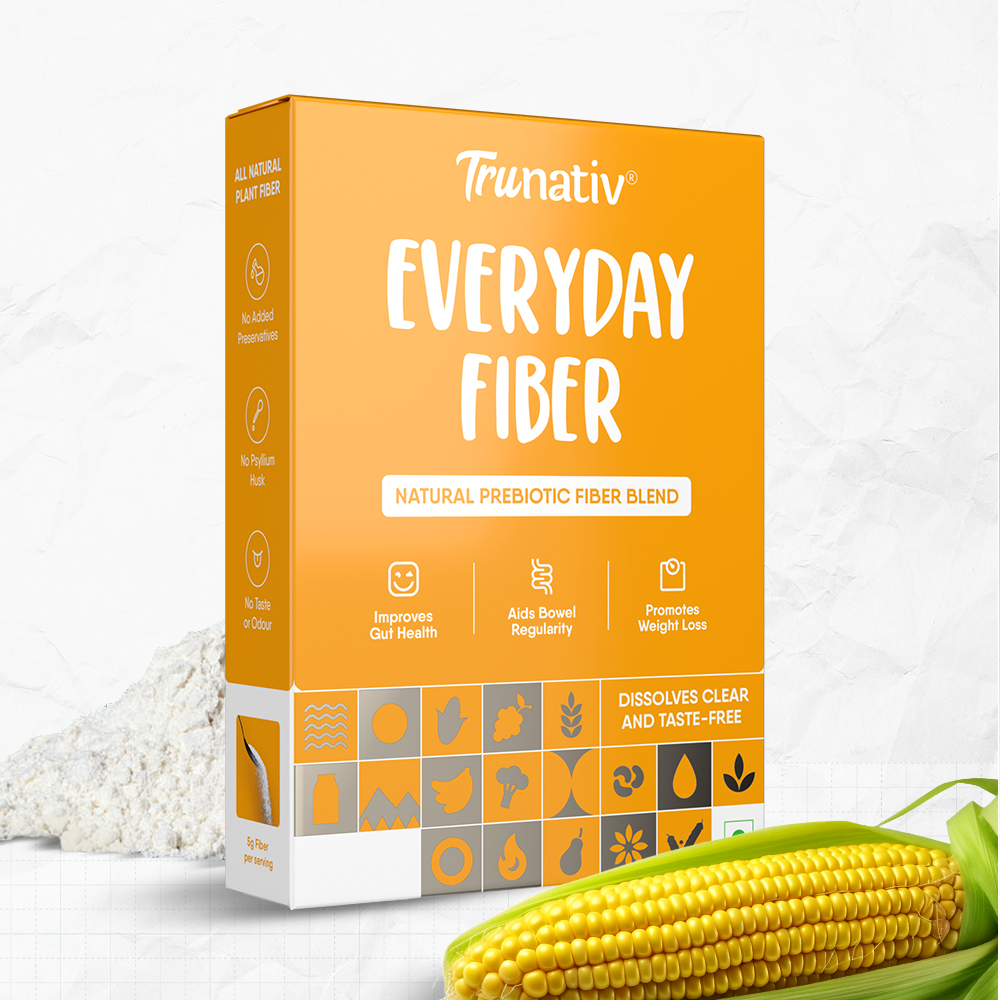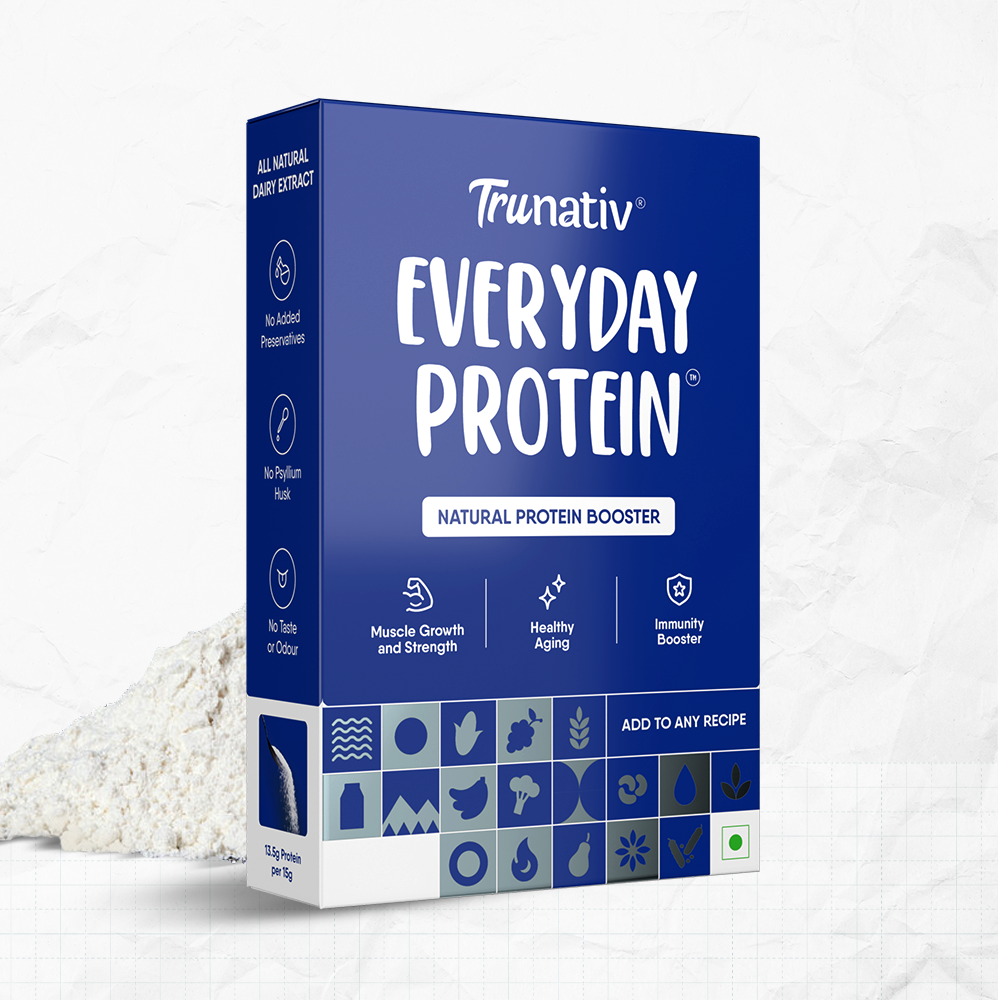

· By AMISHA SHUKLA
Does Whey Protein Increase Height?

Protein is just as essential for children as it is for adults. It plays a critical role in growth and development, maintains bones strong, and helps immune function. According to some research, this nutrient might also help children grow taller. However, not all protein sources are made equal. Whey protein, for example, may or may not be right for your kids. It all comes down to their activity and nutritional conditions.
Requirement of Protein for Children
Along with carbs and fats, protein is one of the three macronutrients needed for optimum health. This nutrient assists with tissue growth and repair, promote lean muscle growth, and keeps your child's immune system strong. Children require it in their diet to develop their bones and muscles.
Protein also contributes to the manufacture of red blood cells, enzymes, and hormones. Every cell and tissue in your body requires this nutrient to function adequately. A high-protein diet can help your child maintain a healthy body weight, build stronger bones, and control disease.
This nutrient can be found in a broad range of foods, from meat and dairy to soybeans, eggs, and nuts. Whey protein is a possible option too. Active children and those recuperating from illness or injury can profit from taking this supplement. However, most kids don't need supplementary protein. Discuss this with a physician or a nutritionist before increasing your child's diet with protein powder.
So, what portion of milk is responsible for growth?
Through observation and intervention studies, milk consumption has been established to impact children's growth totally. While it is a fantastic origin of Calcium, milk protein is one of the most critical factors influencing height in young individuals. Milk protein is composed of two components: Whey and casein. While casein is a slow-acting protein, it functions with regular protein release over time, and whey is a quick-absorbing protein that is rapidly used by the body to help with essential functions following activity.
While protein is associated with favorable outcomes in terms of growth and development, not all proteins are made equal. Some proteins, like whey, have entire amino acid profiles, which creates them a good class 1 protein type. In analyses conducted on kids who regularly consume milk, it has been conveyed that milk consumption is related to the motivation of insulin-like growth factor-1 synthesis, which is finally related to linear growth. Other than that, the basic amino acid Leucine is also known as an anabolic (growth-promoting) protein.
Does Whey Protein Increase Height?
Tall people seem to be wealthier and more prosperous compared to their shorter counterparts. They also have work with higher social status and are more comfortable with life. Some studies indicate that they may also be smarter and more leader-like. Regarding these facts, it's no wonder why so many parents want their children to grow taller.
Study indicates that high-protein diets may completely impact children's height. This nutrient boosts growth hormone levels, allowing children grow taller and stay leaner. The amino acids in protein support child growth and development. Other studies have found that a high protein intake may raise height and weight in underweight children.
Dietary diversity counts too. Protein alone is improbable to help your child grow taller. If he's binging on candy and junk food, he may create nutrient deficits. This can impact his growth and development – despite holding a high protein intake.
Since whey protein shakes deliver up to 25 grams of protein per serving, they may help improve children's height. However, these beverages are not always required. Additionally, they contain lactose, a sugar that may cause bloating and indigestion.
Eggs, for example, are a natural source of protein and have no lactose. A study published in Pediatrics indicates that these foods may help lower stunting and improve growth in young children.
Protein Requirements for Children
How much protein kids should eat depends on their age, body weight, and activity level. Health specialists advise the consumption of 12 to 14 grams of protein per day for children ages 1 to 3; 16 to 20 grams for children ages 4 to 8; 31 to 40 grams for boys ages 9 to 13; and 24 to 35 grams per day for girls ages 9 to 13. Active kids and junior athletes may require more protein in their diet.
It's ambiguous whether shakes are appropriate for children. Most nutritionists advise eating high-protein foods rather than taking protein supplements. However, shakes can help underweight children who decline to eat meat or have a metabolic condition that may induce muscle loss. Be aware that too much protein may induce weight gain and encourage the formation of kidney stones.
Choose organic brands if you include protein shakes in your child's diet. But, since the FDA does not control these products, they may contain toxic additives, so check the label for added sugars, synthetic dyes, stimulants, and chemicals.
Takeaway note:
Growing individuals should take essential dietary supplements in order to provide faster growth. Also, concentrate on enhancing the diet as far as possible and making it healthier along with the right supplementation & exercising.
29th Jan 2022














